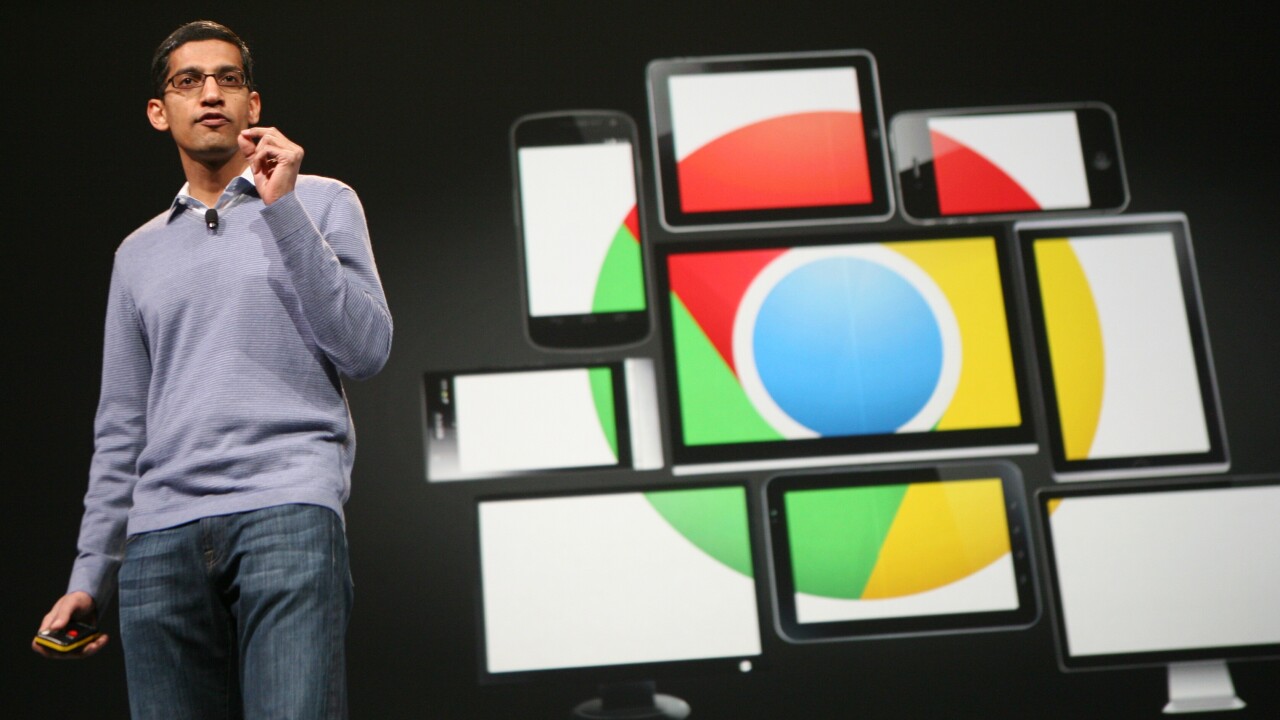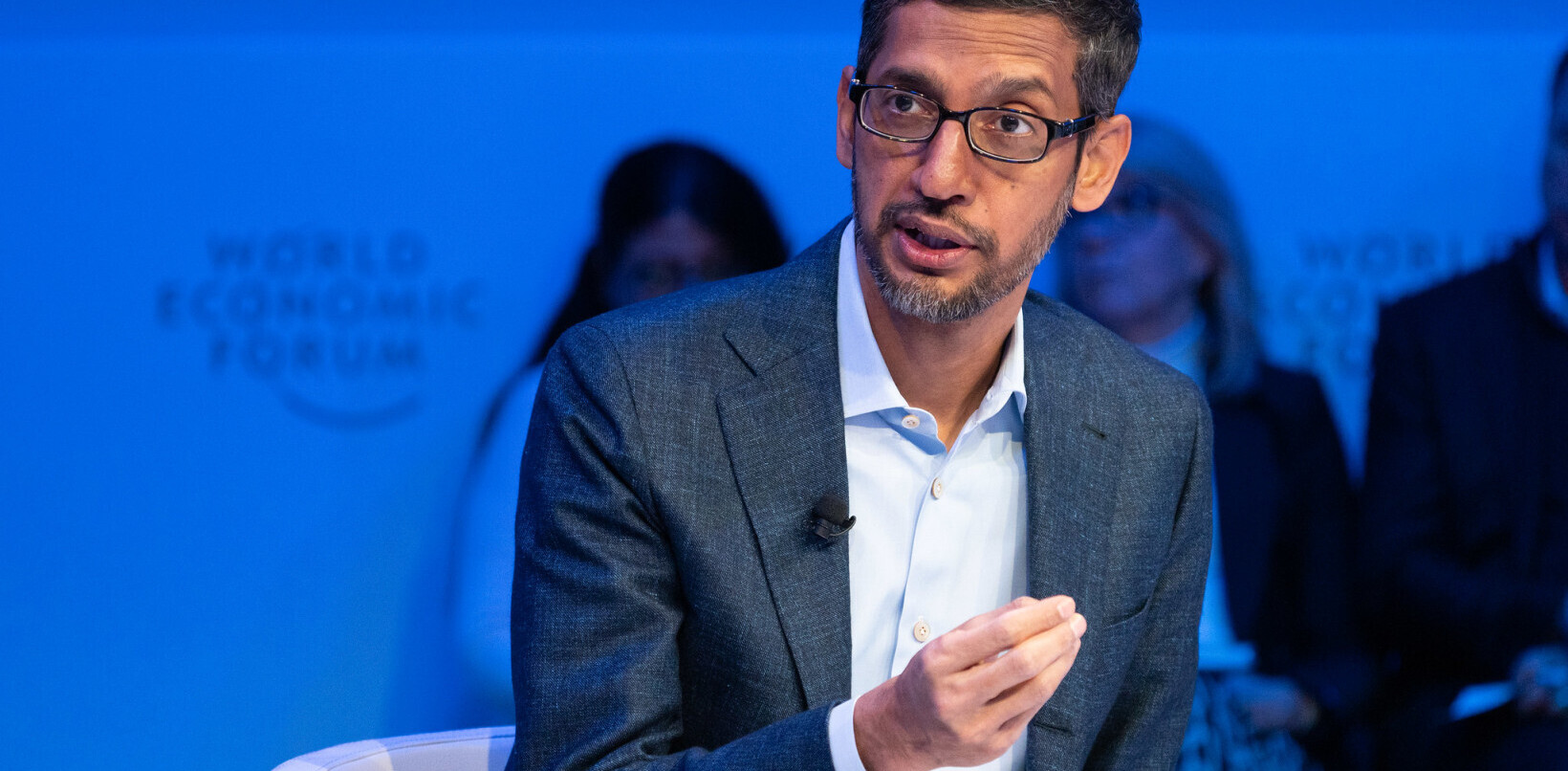
Google’s Chrome team appears to be looking to extend the way the browser connects with other devices, incorporating support for a new protocol that will enable Chrome apps to discover and interact with “first screen devices.”
According to François Beaufort, who recently discovered that Google will attempt to bring Google Now to Chrome, the search giant is working to implement a new ‘DIAL’ API, (short for Discovery and Launch), which is capable of connecting the browser to devices over a network.
Traditionally, first screen devices are televisions and second screen devices include your computer, smartphone or tablet. However, with content becoming available on a number of different devices, that line is beginning to blur.
Google is being very cautious about sharing too much information on the protocol but Beaufort was able to locate a dedicated website for the DIAL protocol, located at dial-multiscreen.org, but it requires authorisation using your Google Account. Any attempts to access the site are blocked.
A look at a cached page by Google reveals that the website actually has no content on it yet, but it is possible specifications and other information will be added at a later date.
Using a WHOIS lookup, Beaufort was able to identify the website was registered by Netflix, which of course is a pioneer of services aimed at first screen devices. While many use Netflix on their connected television, it is also possible that “first screen devices” could include set-top boxes and other mobile devices.
Google has also seen its Google TV platform embedded within set-top boxes and Smart TVs, which could also be affected by the new API.
Google does give a brief explanation of what it intends to do:
The API will allow extensions to receive events from a DIAL service running within Chrome which notifies of devices being discovered on the local network.
With little documentation on the protocol, or notes on Google’s plans, it is difficult to tell what developers would be able to do with the new functionality.
“I’d simply say that Chromium will soon become more aware of new Lounge Devices on the network,” Beaufort notes.
We have reached out to Google for comment and will update the article should we receive a response.
Get the TNW newsletter
Get the most important tech news in your inbox each week.




